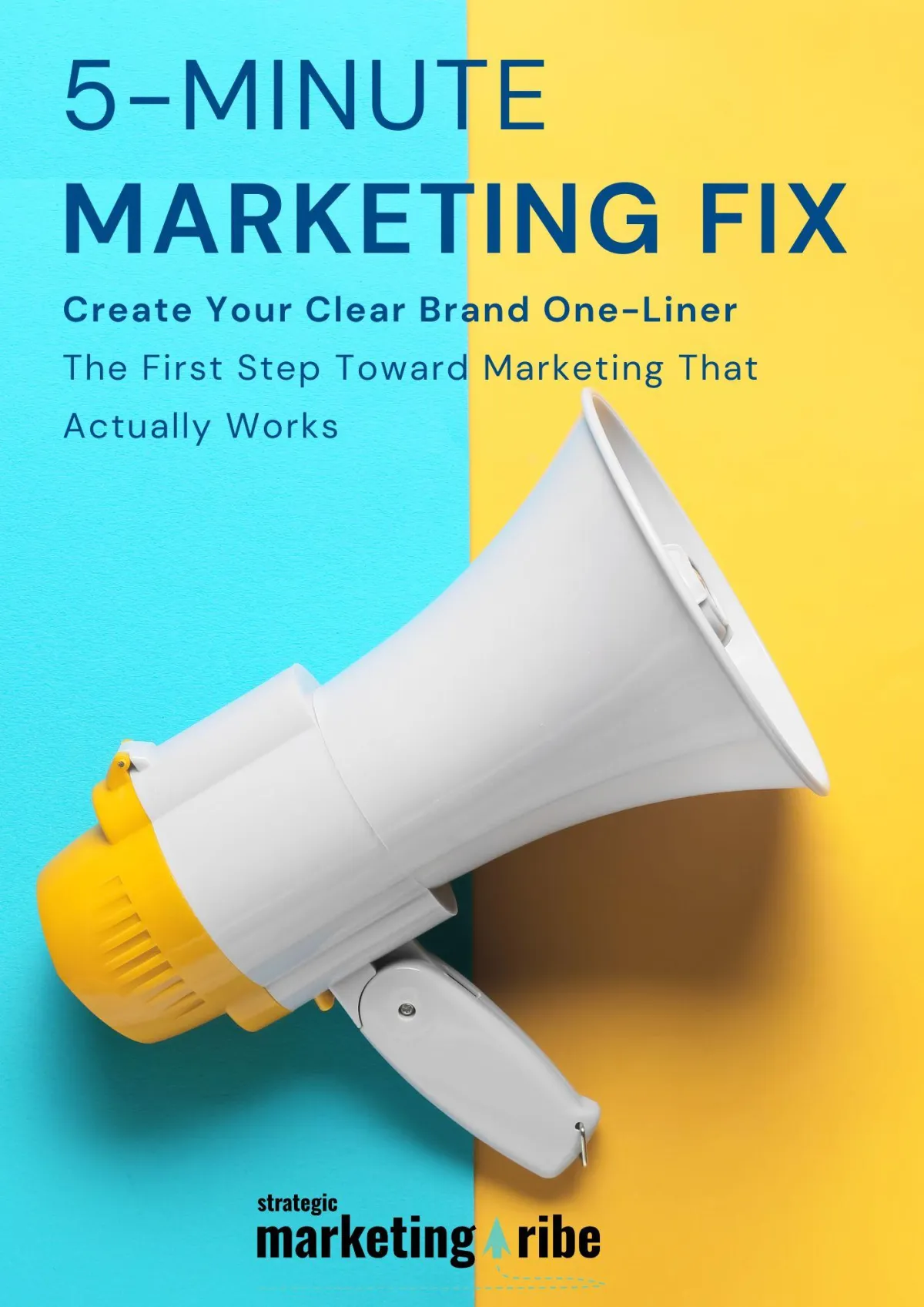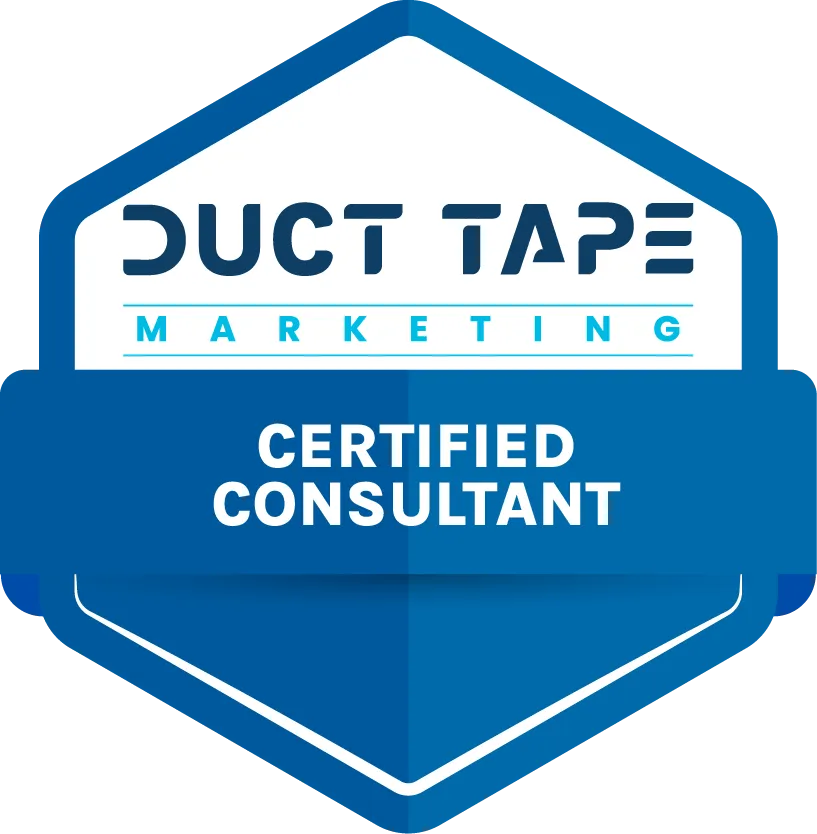NEWS, MEET STRATEGY
Real news, real insights – for small businesses who want to understand what’s happening and why it matters.

AI Business Advice: Why It Helps Some Owners but Hurts Others
By Vicky Sidler | Published 31 August 2025 at 12:00 GMT+2
If you’ve ever yelled “That’s BS!” at ChatGPT after reading an overly cheerful answer to your business dilemma, you’re not alone.
Now imagine asking that same chatbot for help running your actual business.
That’s what 640 real entrepreneurs did in Kenya, as part of a Harvard Business School study led by Rembrand Koning. The goal was to test whether a generative AI mentor could provide meaningful business advice to small business owners. The result? Some saw profits rise. Others lost money.
According to the researchers, including collaborators from UC Berkeley, the AI mentor helped high-performing businesses improve by 15 percent. But it caused revenues and profits to drop by 10 percent for entrepreneurs already struggling.
Let’s break down what happened, why it matters, and what small business owners should do before letting a chatbot play consultant.
TL;DR
Harvard-led study tested an AI business mentor with 640 Kenyan entrepreneurs
High-performing businesses improved by 15 percent after using the chatbot
Struggling businesses lost 10 percent of profits and revenue
Chatbot advice may sound smart but miss the real problem
AI works best when the fundamentals are already strong
Use AI for support, not as a substitute for strategy or experience
Need help getting your message right? Download the 5-Minute Marketing Fix
Who Was in the Study?
This was no theoretical sandbox experiment.
Researchers recruited 640 real business owners across food stalls, carpentry, cosmetics, farming, and more. They split them into two groups: one got access to a chatbot trained to answer business questions. The other got a generic, text-based training guide.
The chatbot group didn’t just toy with it—they asked thousands of real questions, from marketing to pricing to how to handle tough customers.
But what happened next wasn’t exactly an AI success montage.
Why the Chatbot Helped Some and Hurt Others:
High performers saw a boost. Low performers saw a dip.
This wasn’t just noise in the data. It was consistent.
If your business was already doing well, the chatbot acted like a good assistant. It gave usable advice that helped you do better. If your business was on the edge, though, the AI often gave suggestions that made things worse.
Koning explains it this way: If you sell bad food in a bad location with grumpy staff, no marketing campaign will fix that. But that’s exactly the kind of advice the AI gave—do more marketing. And spending money on ads without fixing the real problem? That’s a quick way to go broke faster.
The Real Problem with “Smart” Advice:
This is where the lesson gets real for small business owners everywhere.
AI is confident. And it sounds clever. But it does not know your context.
If your business is already working, it can help you optimise. If your business is broken, it will often misdiagnose the problem entirely.
Think of it like this: A doctor who gives advice without checking your vitals is dangerous. So is a chatbot telling you to “scale” before you’ve figured out if your product is even good.
According to Koning, the AI sounded reasonable. It just wasn’t enough. “The mentor might suggest, ‘Why don’t you do a better marketing campaign?’” he says. But if the core offer is weak or the experience is bad, ads only magnify the issue.
So Should You Trust AI With Your Business?
The short answer? Not completely.
AI is great at speeding up tasks, brainstorming ideas, and summarising long reports. It’s not great at dealing with nuance, diagnosing invisible problems, or understanding the chaos of running a small business.
A good friend of mine is a legal librarian, and one of the digital legal publishers she works with has been pushing an AI add-on to law firms. It promises to find relevant cases and even draw conclusions from them. Impressive on paper. In reality? It sometimes hallucinates citations. Her legal clients have tested it and found that the conclusions weren’t always wrong—but they also weren’t the best interpretations. A senior partner can spot shaky reasoning. A junior associate or candidate attorney? Not so much.
This Is The Trap:
AI sounds confident. It presents information cleanly. But it does not know your context, your experience level, or what’s riding on the decision.
And here’s something to chew on: Has AI ever given you a response you knew was wrong? Or ignored your very specific prompt instructions like they didn’t exist? You probably tried rephrasing your question. Maybe you had to repeat yourself like you were dealing with a toddler in a lab coat. Eventually, you either gave up or found a workaround. But that only happens when you can tell the output is flawed.
What about the times when you can’t tell?
What if the response was wrong and convincing—but in an area where you weren’t experienced enough to catch the mistake? That’s probably happening more than you realise.
If your business is stable and you want to grow, AI can help you get there faster. If your business is in trouble, AI might give you confident answers to the wrong questions—and those mistakes cost time and money you probably don’t have.
Here’s what I tell clients as a StoryBrand Certified Guide and Duct Tape Marketing Consultant: Use AI as a co-pilot, not as your CEO. Treat it like a smart intern who never sleeps but also doesn’t really understand feelings, risk, or consequences.
What This Means for Small Businesses Globally:
Koning’s study was based in Kenya, but the implications reach far beyond. Most small businesses around the world operate with tight margins, limited time, and no full-time strategy team.
And yes, it’s hard to get good advice when you're flying solo.
But the wrong advice is worse than no advice.
This is especially true when you’re vulnerable. If you’re stressed, under pressure, or dealing with back-to-back losses, any answer feels better than no answer. But that’s also when you need real clarity—not empty confidence.
That’s why your first move shouldn’t be asking ChatGPT how to get more clients. It should be getting crystal clear on what problem you solve, for whom, and why they should choose you.
A Better Starting Point—Get Your Message Right:
Before you scale, automate, or market, make sure your message is clear.
That means knowing:
Who your customer is
What they’re struggling with
How your service helps
Why they should trust you
Once you have that locked in, AI becomes far more useful. You can feed it a strong foundation and get back helpful content ideas, frameworks, or draft emails. But if you don’t know what you’re saying or who you’re saying it to, no AI can fix that.
Start with clarity. That’s why I built the 5-Minute Marketing Fix. It helps small business owners write one sharp sentence that becomes the foundation of everything—from ads to sales pitches to websites.
Because AI is powerful, but it cannot solve a blurry message.
Related Articles
ChatGPT Public Chats Indexed by Google—Here's What It Means for You
If you’re concerned about AI giving shaky advice, you should also know it might leak your business ideas. This article unpacks how shared ChatGPT chats ended up in Google search results.
AI Visibility: What ChatGPT, Google AI, and Perplexity Cite Most
Since the main article warns that AI can be confidently wrong, this one helps you dig into where these tools get their answers—and how to judge their credibility.
LLM Visibility: The SEO Shift You're Missing
If AI advice is shaping customer decisions, this post explains how your brand can show up in those AI-generated suggestions—before your competitors do.
A dating app's massive data leak shows why real expertise—not AI shortcuts—matters in software security
This article shows what happens when businesses put too much trust in automated systems without human oversight. It’s a practical reminder of why AI advice without expertise can backfire.
New research reveals how ChatGPT, Google AI, and Perplexity source info. Learn how to boost your brand's AI visibility
The main article talks about AI misunderstanding context. This one shows how to shape the context AI sees—so your brand shows up in the right answers more often.
FAQs on Using AI for Business Advice
What did the Harvard study actually test?
Researchers gave 640 Kenyan entrepreneurs access to a business-focused AI chatbot and compared their results with a group using a generic guide. The goal was to see if AI advice improved business performance.
Did AI advice actually help?
Yes, but only for businesses that were already doing well. High performers saw an average 15 percent increase in profits and revenue. Struggling businesses, on the other hand, saw performance drop by about 10 percent.
Why did struggling businesses perform worse?
AI gave advice that sounded smart but didn’t address the real problems. If your business has deeper issues—like poor customer service or a weak product—generic suggestions like “run a promotion” can actually make things worse.
Can I trust AI with my business decisions?
Not fully. AI can help you work faster, organise ideas, and write content. But it doesn't understand your unique situation. If you follow its advice without thinking critically, you could make bad decisions with confidence.
What if I don’t realise the AI is wrong?
That’s the risk. If you’re asking questions in an area you don’t know well, and the answer sounds convincing, it’s easy to trust it. But wrong answers in sensitive areas like legal, financial, or operational strategy can cause real harm.
So how should small businesses use AI?
Use AI to support your work, not replace your judgment. Let it help with drafts, summaries, research, or basic planning. Always double-check important advice, especially in areas you’re not confident in.
What’s a safer way to start using AI in my business?
Start with clarity. Make sure you know who your customer is, what problem you solve, and why your solution works. That foundation makes any tool—including AI—more useful. Try the5-Minute Marketing Fix to get your message clear first.

Created with clarity (and coffee)







